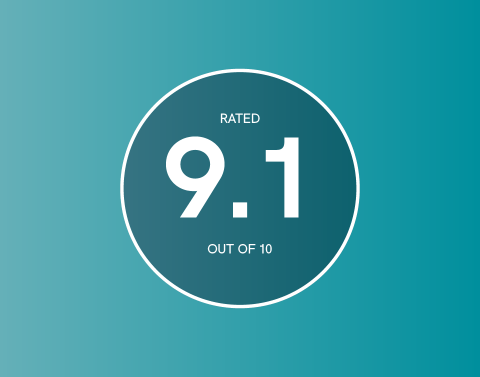Recently, we hosted a client workshop on the topic “Multi-Generational Workforce: Perceptions and Unconscious Bias”, delivered by esteemed career coach Katherine Bryant of The Progress Partnership. The session explored how insurance businesses can utilise this important workforce dynamic, sparking thought-provoking discussion on the generational stereotypes that exist and how companies can benefit from tackling age bias.
Here, Katherine shares her own insights on the subject…
What generational challenges exist within the insurance industry?
“Intergenerational friction is a particular challenge in the insurance sector, where we are facing an imminent skills gap. As a large portion of our experts approach retirement, we need to ensure that their knowledge and expertise is successfully disseminated throughout our organisations. Equally, it’s important that we also embrace new schools of thought, ways of working and innovation in strategy.”
Stereotyping is another common issue for any multi-generational workforce, which can negatively affect company culture through tensions which affect productivity, team engagement and, ultimately, performance. Classic examples are when seasoned employees perceive new talent in the market as lacking respect, having a sense of entitlement or being obsessed with automation and technology – while younger employees feel older generations are ‘stuck in their ways’ and unwilling to adapt to the new market environment.
In a time of change within the insurance industry, businesses should commit to making all employees feel valued and rewarded, as part of a workplace culture that promotes attraction of, and collaboration with, diverse talent.”
What risks do they present to insurance businesses?
“There are many risks facing companies that do not create inclusive and collaborative cultures. Like the failure to attract bright new talent, one key concern is ‘brain drain’: the loss of critical knowledge and skills as experienced professionals leave without sharing their expertise. Other risks include poor productivity, low morale and a lack of innovation, all of which can lead to a reduced competitive advantage.”
How important is it for businesses to proactively address these challenges?
“It’s hugely important that unconscious (and often conscious) biases and stereotypes are recognised, challenged and overcome if organisations are to create the most productive and engaged teams.”
“Despite what some stereotypes would lead us to believe, research conducted by Ben Rosen, Ph.D., Professor of Organisational Behaviour for the Kenan Flagler Business School at the University of North Carolina, found that workers aged 21 to 70 want the same things from their employers, namely:
1. To work on challenging projects
2. Competitive compensation
3. Opportunities for advancement, and chances to learn and grow in their jobs
4. To be fairly treated
5. Good work-life balance
It’s clear that organisations can’t rely on generalisations about what matters to their employees. Those who proactively treat people as individuals can create recognition and rewards to suit their preferences, regardless of generation, gaining the upper hand in the ‘war for talent’.
What benefits can insurance businesses achieve by better integrating generations in the workplace?
“Organisations within the industry that look to create workplaces where multigenerational talent is integrated and celebrated will be more successful.
These inclusive cultures allow individuals to thrive, leading to greater employee engagement, attraction and retention of talent. And employers benefit from this in the form of more collaboration and diversity of thought – driving innovation, productivity and competitive positioning.
--------------------------------------------------------------------------------------------------------------------------------------------------------------------------------------------------------------------
Events at this year’s Dive In Festival have also highlighted the relevance and importance of this topic, with age diversity taking centre stage at “Mind the Gap: Skills for 21st Century Insurance” and “Mind the Gap: Maximising on your Generational Talent”. Both sessions emphasised the need for businesses to leave stereotypes behind, and instead celebrate the skills offered by individuals of varying ages and backgrounds.
Putting theory into action, Aviva has committed to increasing its employee population of over 50s with Andy Briggs, CEO of Aviva UK Life, being named the Government’s Business Champion for Older Workers. Acting as an advocate within this space, Briggs will ensure older employees have access to the same opportunities as younger employees, and, rather than face stereotyping, be recognised on merit and experience. It’s encouraging to see such a unique and progressive approach to age diversity; we look forward to helping our clients implement similar thinking within their own hiring strategies.



